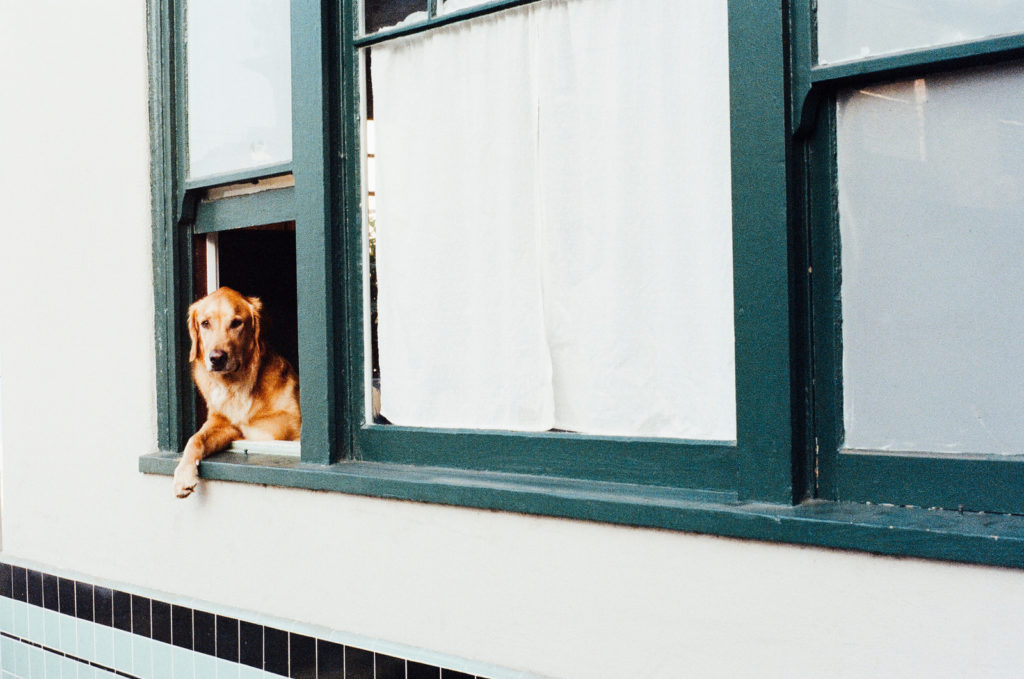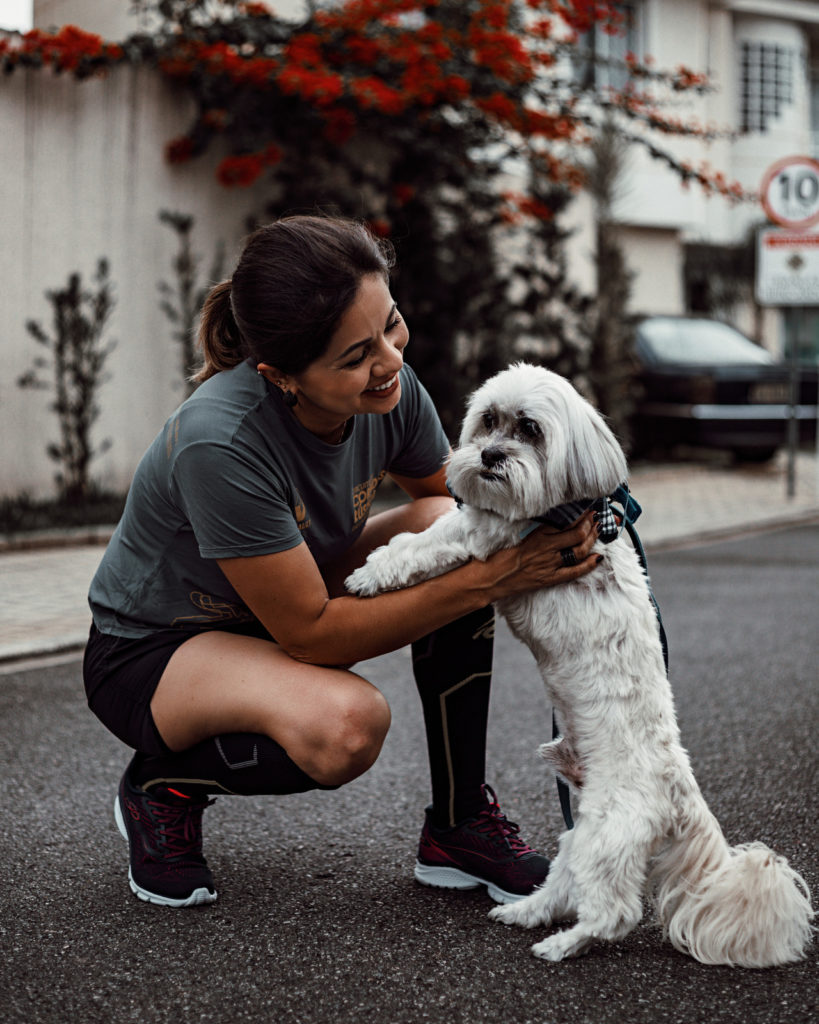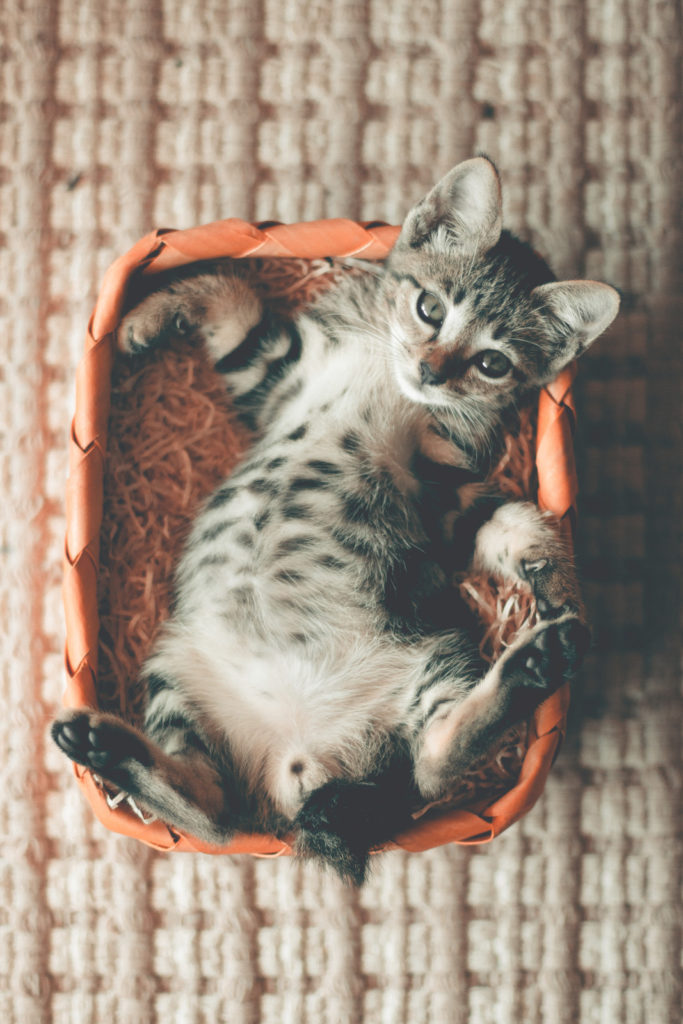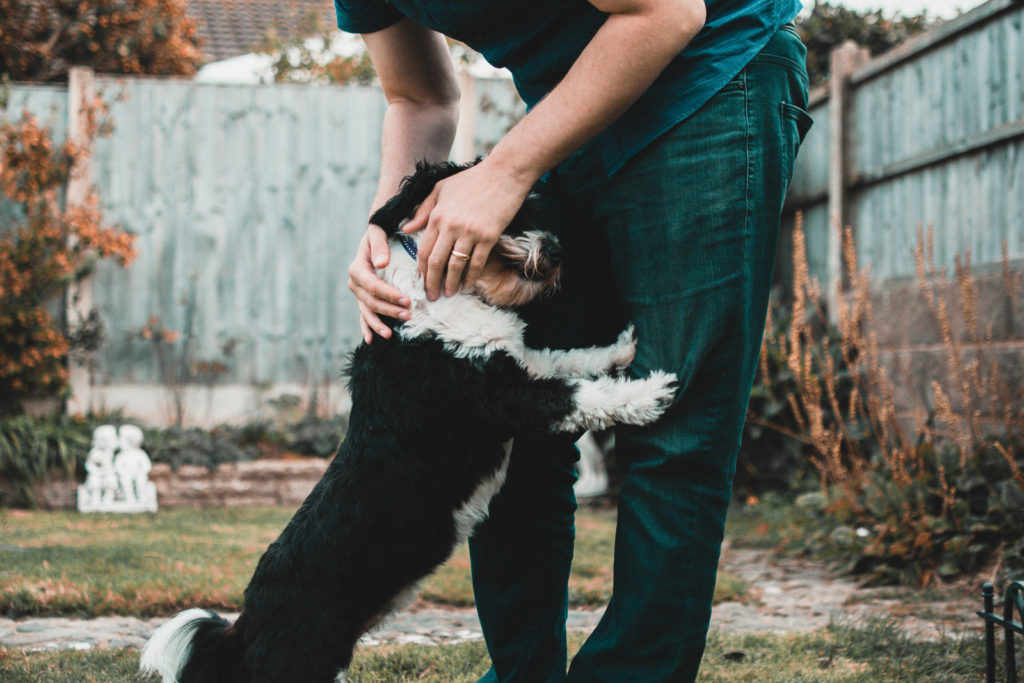
As the world sits in a state of stasis on their sofas, those with fluffy friends living with them are suddenly feeling very smug indeed. Oh, the joy of having a companion now in these difficult times, who won’t offer half-baked, lukewarm takes on ‘flattening the curve’, ‘stock piling’ or any other phrase of the moment.
Give some love back during this time, and show your pet how much they mean to you. Because the upheaval of routine and sudden change in circumstances is probably confusing for your animal too. With that in mind, here are 6 IDEAL tips on caring for your pet during lockdown.
WALKING SAFELY
A daily walk is important for the physical and mental health of animals. Despite the somewhat vague guidelines on going outside right now, and the overzealous policing associated with it, rest assured you can still walk your dog (or other pet). However, you need to follow government advice by making walks as short as possible, not going too far from home and only driving somewhere more expansive if it’s necessary.
When walking your dog, be sure to maintain at least two metres of distance from other individuals. While there is no confirmed information that pets can pass the virus to humans, try to keep your dog from sniffing and playing with somebody else’s dog, just to be on the safe side. It’s also prudent not to pet anyone else’s dog, or allow petting of yours.
Wash your hands thoroughly before and after a walk as well as disinfecting dog paws with alcohol or disinfectants after each trip outside together. As for hair hygiene, moisturise it with a sprayer but don’t overdo it as it can irritate pets’ skin.

EXERCISE
Just like with humans, exercise activates blood and oxygen flow and helps with mood stabilisation in animals. Getting enough physical activity each day is crucial for a pets’ wellness – physical, behavioural, and psychological. Lack of exercise, on the other hand, might lead to aggression, obesity, destructive behaviour, disobedience, and other issues.
Although we all are stuck indoors, get creative and find possible activities to give your pet needed physical exercise. Fix the running wheel of your hamster, play with your kitten with a stuffed toy or entertain your dog by hiding favourite toys and letting them explore the house. You never know, they might unearth that set of keys you misplaced weeks ago.
If you’re fortunate enough to have a staircase (christ, the bar is low right now) make good use of it by going up and down the stairs with your pet. Get creative in the ways you keep them active and happy – play hide and seek or fetch, throw balls, toys, or just make a jumping exercise – and you might find your own happiness levels rising too.
MENTAL STIMULATION
The mental health of your pet is as essential as their physical activity. Mental stimulation can help to keep them busy rather than laying about all day. Pets are never really too old to learn something new (isn’t there a well-worn phrase concerning that?) and lockdown is a great time to teach your animal some new tricks.
You can begin some training in behavioural issues, give them a challenge for a treat, introduce puzzle toys to the domestic setting, teach them the names to their toys, and all sorts of other fun endeavours.

FOOD & NUTRITION
As your pets’ physical activity will have probably decreased due to current circumstances, they won’t be able to burn calories as normal. As such, you’ll need to adjust their diet to suit these constantly changing times.
Make sure your pet eats at the right time and consider introducing a low-fat diet or reduce food intake by 10%. Without exercise, a high-protein food can make your pet hyper and impact their temperament, so go for a moderate-protein diet instead.
Furthermore, there must always be lots of clean water available in the bowl that will refresh your pet when needed.

EMERGENCY KIT
Because this time is so unpredictable (some have even gone as far as to call it ‘unprecedented’), it’s wise to keep a 30-day supply of your pet’s favourite food in the house.
On top of this, you should have an emergency kit for your furry friend which includes medicines for reducing fever, stopping vomiting, bandages, scissors, a thermometer, cotton, a syringe without a needle for oral intake of medication, and more. Also, make sure you have de-worming medicines and tick remedies handy because you never know if the period of quarantine may be extended and the ease of getting out to buy more medical supplies might be reduced.
KEEP AND EYE OUT FOR BEHAVIOURAL CHANGES
During this extended period of self isolation, the family unit’s dynamic will be different. Most pets are used to having long nap times while we’re at work, and being active when we’re at home. With pet owners suddenly ever-present, animals can quickly tire out and might seem to be more sluggish as they get used to this new way of living. On the other hand, it’s important to bear in mind that nearly 20% of dogs adopted after March 2020 show signs of anxiety when left alone.
It’s advised to let sleeping dogs and cats lie and give them space if it’s available without disturbing them. When pets need our attention, they will come to us.
Pay attention to behavioural changes, and if a cat is hissing, or a dog is licking more than usual, that could be a first sign that they are stressed. In those cases, try to distract your pet by providing mental activity, playing with them or walking. In cases of unusual behaviour, be sure to call your veterinarian by phone and ask for advice.





